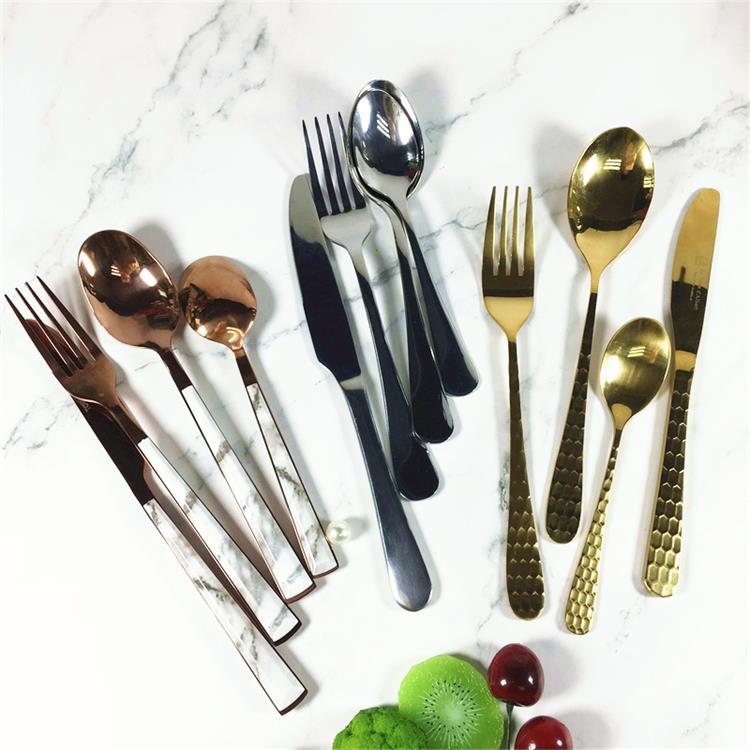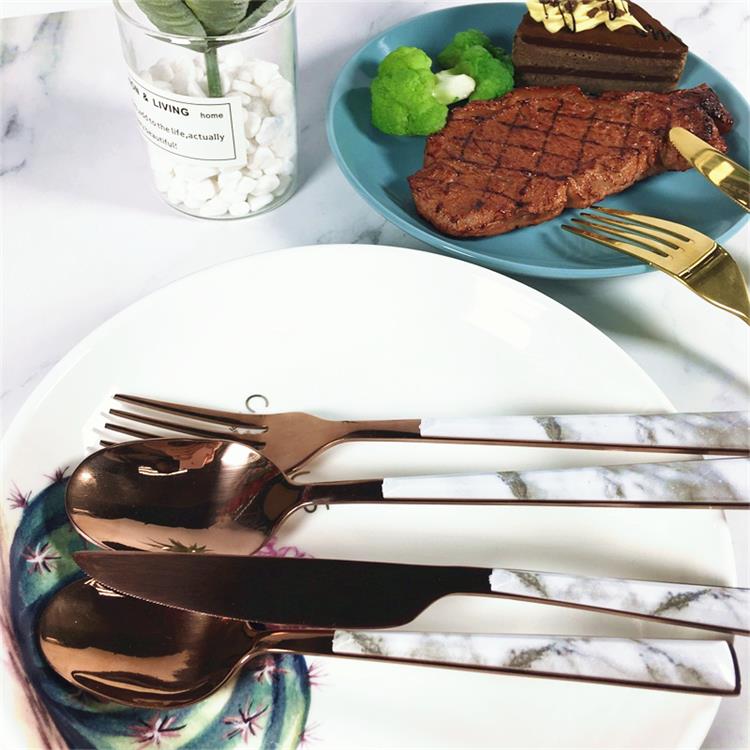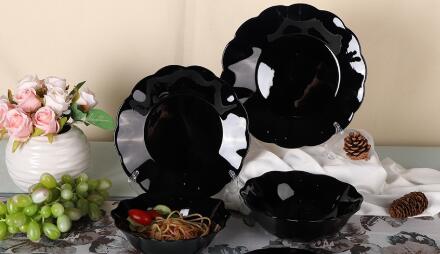What is the craft of stainless steel cutlery
Pulished on Mar. 17, 2020Nowadays, stainless steel cutlery is an irreplaceable tableware on people's tables. Many people know stainless steel cutlery, but they don't know much about its manufacturing process.
What is the craft of stainless steel cutlery? Let us reveal for you!
The first step: Stainless steel cutting
The most commonly used raw materials for tableware are 13/0 (410), 18/0 (430), and 18/8 (304). The factory needs to cut the raw material by first process, aim to cut the size unique to tableware, such as a spoon, knife and fork.
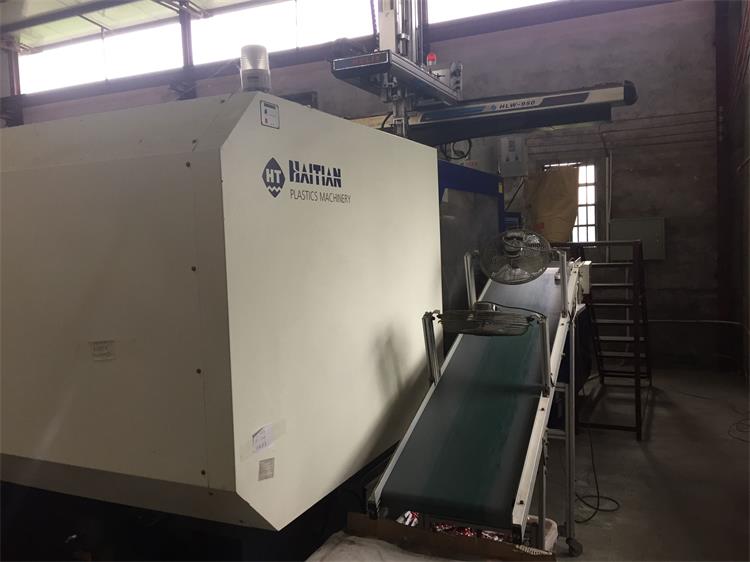
The second step: Rolling
The head and handle of the cutlery are not the same thickness. Generally, the thickness of the head is 0.8-2.0MM, and the thickness of the head is smaller than the thickness of the handle. So a second process is rolling. There are two types that’s horizontal stretching and vertical stretching. Horizontal extension is generally applicable to all products; vertical extension is generally used for the production of table knives.
The third step: Trimming
The shape of the tableware has not yet formed after the second step of rolling. The third step is needed with using a mold to make the shape of a knife, spoon, and fork.
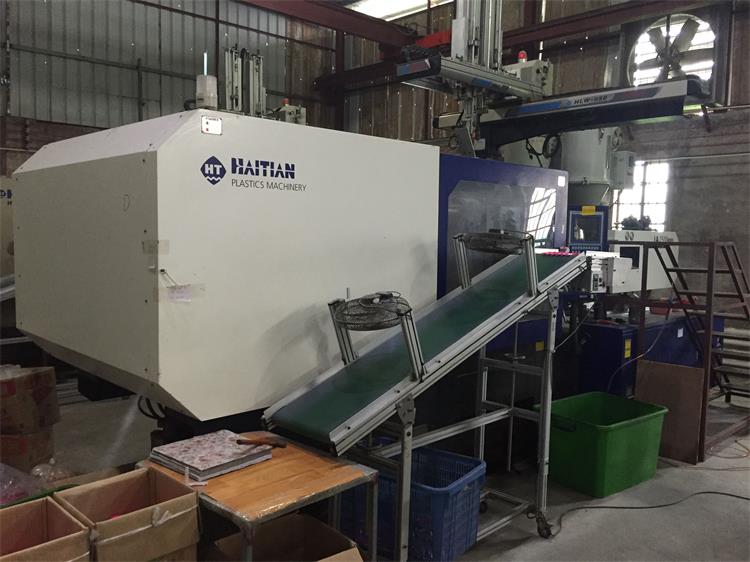
The fourth step: Handle-embossing
After trimming, you can now separate the knife, spoon, and fork. But the handle has no pattern shape. So at this time, the fourth step takes to make with flower patterns.
The fifth step: Edge-polishing
After the above is a few hardware making, the tableware is almost formed, but there is still a polishing with the fifth step . It's actually polishing the whole edge cutlery.
The sixth step: Double polishing
After all the above processes, basically the production has been completed, but the tableware has no brightness, so we perform the sixth step of double polishing. Spoons and forks generally need 14-16 polishing machines to complete. Generally, 4-6 polishing machines are used to complete the knife polishing. All polishing wheels are flat, so it is called flat polishing. In the front, many processes of hardware production need to cooperate with flat polishing.
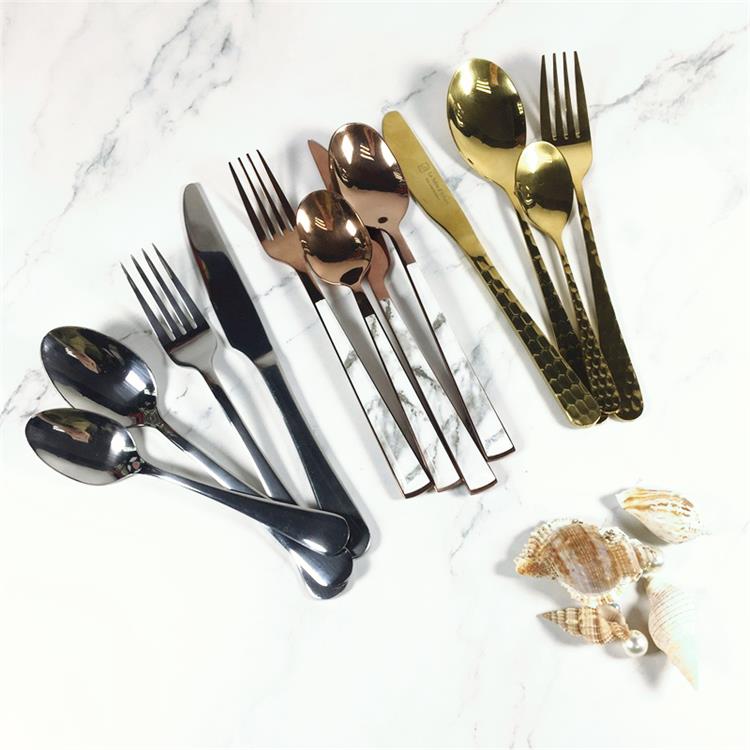
The seventh step: Cleaning
However, there are industrial dust residues on the product due to the treatment of several processes. It is necessary to use a professional dewaxing water and an ultrasonic machine for cleaning.
Last step: Packaging
They are packed according to the customer's packaging requirements after all above these steps. The usual packaging is one per bag. Twelve bundles a dozen.
